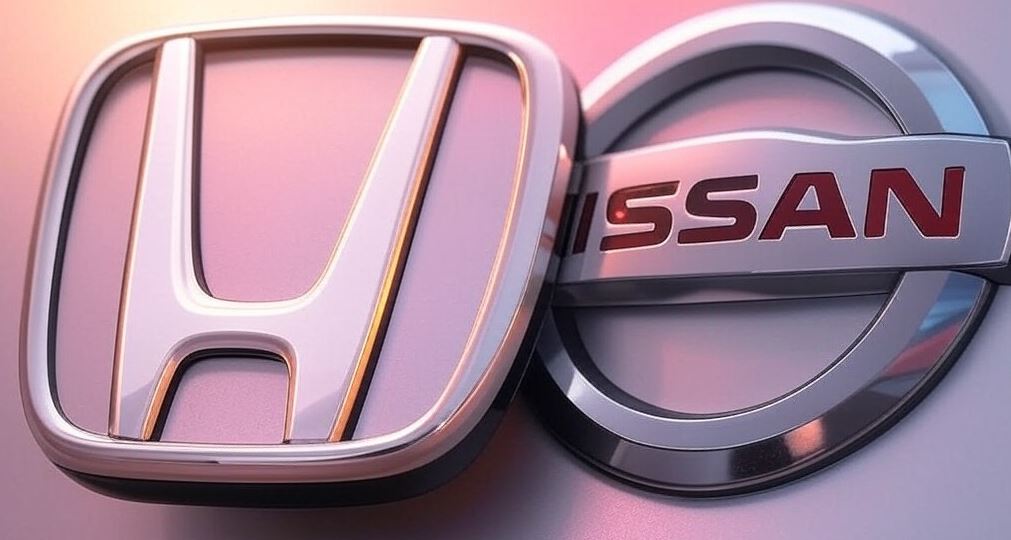TOKYO - In a seismic shift set to revolutionize the global automotive industry, Honda Motor Co. and Nissan Motor Co. have officially confirmed the commencement of merger talks. The groundbreaking discussions, revealed just hours ago, are poised to culminate in a landmark strategic alliance, potentially creating the world's third-largest automaker by volume.
This monumental announcement, anticipated to be formally unveiled on Monday, comes as Japanese automakers grapple with industry-wide pressures, including overcapacity, spiraling R&D costs, and the rapid transition to electric vehicles (EVs) and autonomous driving technology. Industry analysts view this bold move as a strategic counteroffensive to the surging competition, particularly from Chinese EV manufacturers aggressively expanding their global market share.
The scope of the merger negotiations is expected to be extensive, encompassing not just the financial and operational intricacies but also a deep dive into how the two automotive titans will integrate their respective technology portfolios. Honda, renowned for its robust engineering prowess, particularly in hybrid and fuel-efficient vehicles, and Nissan, with its extensive global network and pioneering experience in electric vehicles, notably the Nissan LEAF, stand to forge an indomitable alliance.
A successful merger, with an ambitious target to finalize the agreement by June 2025, could redefine the competitive landscape of the automotive sector. The combined entity would mount a formidable challenge to industry leaders like Toyota and Volkswagen, particularly in the burgeoning EV and autonomous vehicle markets.
While specifics regarding the impact on brand identities, workforce, and global manufacturing operations remain under wraps, the initial emphasis appears to be on leveraging each other's strengths to achieve significant cost synergies and accelerate the development of cutting-edge automotive technologies.
This strategic alliance is not without its hurdles, including potential regulatory scrutiny, the complexities of cultural integration, and the alignment of Honda and Nissan's distinct corporate philosophies. Nevertheless, the sheer potential of creating a new global powerhouse in the automobile industry has sent shockwaves through financial markets and ignited intense speculation among industry observers.
As the global automotive community watches with bated breath, the outcome of these talks could set a new precedent for mergers and acquisitions in an era where sustainability, electrification, and autonomous driving are paramount to corporate strategy.







